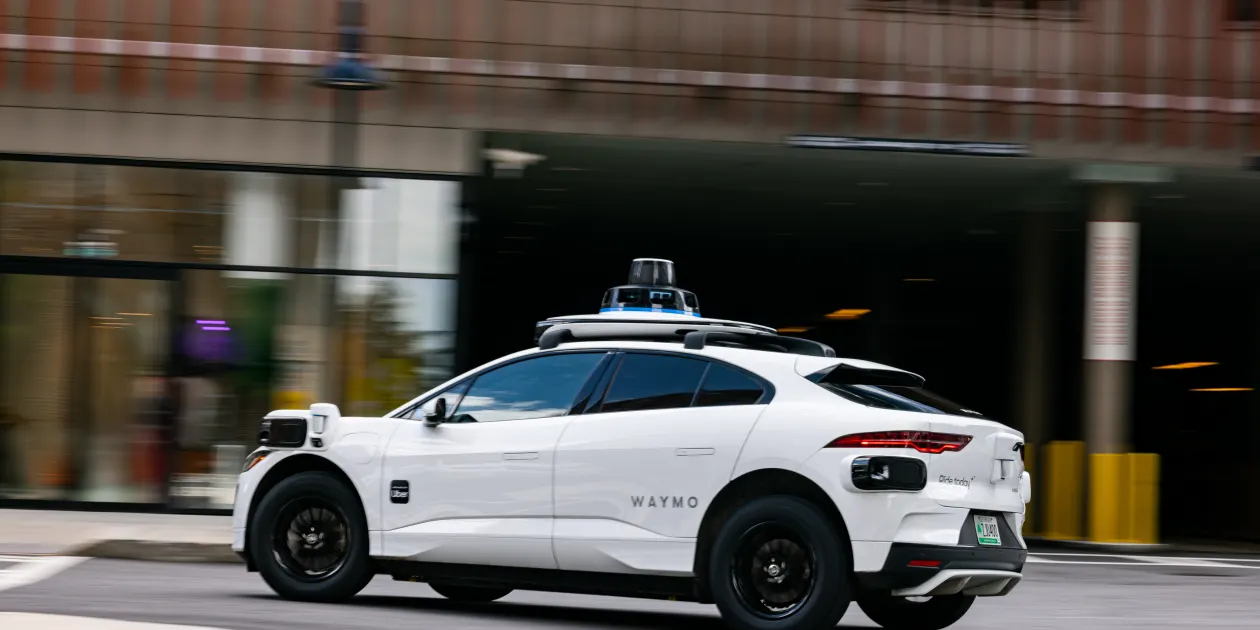Senate Rejects AI Law Moratorium in Stunning Policy U-Turn
In a surprise move, the U.S. Senate has voted to scrap a proposed moratorium on federal AI regulations, clearing the way for lawmakers to begin drafting binding legislation on artificial intelligence development and deployment.
In a dramatic shift that caught both tech leaders and civil society groups off guard, the U. S. Senate voted late Tuesday to reject a proposed moratorium on artificial intelligence legislation — a move that reopens the door to sweeping federal regulation of one of the most transformative technologies of the 21st century.
The decision reverses a previously bipartisan agreement reached just months ago that aimed to pause federal AI rulemaking for at least two years. That moratorium, backed heavily by some of the largest tech companies and AI labs, was designed to give policymakers more time to study the technology’s risks and impacts before enacting sweeping legal frameworks. But growing pressure from consumer rights groups, labor unions, civil liberties advocates, and a surprising groundswell of support from small- and mid-sized AI firms helped turn the tide.
### A Surprise ReversalThe final vote was 54–45, with several moderate Democrats and Republicans breaking party lines. Senator Lisa Murkowski (R-AK) and Senator Joe Manchin (D-WV) were among the swing votes who cited national security and public trust as key reasons to move ahead with regulation. “I supported the original pause because I thought we needed time to study AI,” said Manchin.
“But what I’ve seen in recent months — from deepfakes, to job displacement, to biased algorithms in healthcare — convinces me we don’t have the luxury to wait. ”Senator Amy Klobuchar (D-MN), a longtime advocate for tech accountability, called the vote “a turning point in how the United States will approach AI. ” She added, “The time for voluntary principles is over.
We need clear laws to protect people, jobs, elections, and truth itself. ”### The Moratorium: What It Was and Why It CollapsedThe original moratorium was introduced in late 2024 under the title *AI Innovation Safeguard Act*, championed by Senators Todd Young (R-IN) and Cory Booker (D-NJ). The idea was to temporarily block federal agencies from enforcing or drafting new binding regulations related to AI, while a national commission studied the issue.
At the time, it was seen as a compromise: tech leaders got regulatory breathing room, and lawmakers got political cover to delay hard decisions. The bill passed with little resistance, buoyed by aggressive lobbying from major players like OpenAI, Google, Meta, and Microsoft. These companies argued that premature regulation could stifle innovation and global competitiveness, particularly in the race against China.
But cracks soon appeared. A string of high-profile AI missteps — including a fake AI-generated video of a presidential candidate, biased hiring algorithms at several Fortune 500 companies, and an autonomous drone test incident at a defense contractor — pushed public sentiment toward caution and oversight. Moreover, smaller AI developers began complaining that the moratorium created an unfair advantage for industry giants.
“Delaying regulation just means the biggest players have time to entrench themselves,” said Maya Ramos, CEO of an AI startup focused on medical diagnostics. “Startups like mine can’t afford to wait for clear rules — we need them now to compete ethically. ”### The Road Ahead: What's on the Table NowWith the moratorium repealed, the legislative focus shifts to several high-profile bills already in development, many of which had been frozen pending the outcome of the vote.
1. The Algorithmic Accountability Act 2. 0: A revised version of earlier legislation that would require AI developers to disclose training data sources, conduct bias audits, and allow third-party evaluations of model performance.
2. The Artificial Intelligence Safety and Transparency Act: Introduced by Sen. Klobuchar and Sen.
Hawley (R-MO), this bill proposes mandatory labeling for AI-generated content, clear disclaimers in political ads, and criminal penalties for misuse in fraud or impersonation. 3. AI in Defense and Security Review Act: A bipartisan proposal requiring the Department of Defense and intelligence agencies to disclose the role of AI in lethal autonomous systems and to set ethical guardrails.
4. The Workers and Automation Equity Act: Proposed by Sen. Sherrod Brown (D-OH), this bill aims to protect workers displaced by AI through retraining programs, transitional benefits, and restrictions on fully automated layoffs without human oversight.
These bills are expected to begin markup sessions within the next few weeks. ### Industry Reaction: Division and Strategy ShiftsThe tech industry's reaction has been mixed. While some large firms expressed disappointment, others have pivoted to emphasize their openness to regulation.
“We are ready to engage constructively with lawmakers,” said a spokesperson for Microsoft. “We believe regulation, when done responsibly, can ensure AI’s benefits reach everyone. ”OpenAI issued a more cautious statement: “It is essential that any legislation promotes safety without stifling innovation.
We will continue to advocate for balanced approaches that reflect the complexity of AI systems. ”Meanwhile, smaller companies and AI safety think tanks hailed the Senate’s move as overdue. “This puts the public back in the AI equation,” said Dr.
Anika Shah of the AI Ethics Foundation. “For too long, decisions about AI have been left to a handful of tech elites. This vote shows democracy can catch up.
”### International Context: The U. S. Catches UpThe Senate’s decision also aligns the U.
S. more closely with international partners. The European Union recently passed its AI Act, setting strict compliance requirements for high-risk AI systems.
Canada and the U. K. are considering similar frameworks.
Global business leaders and human rights organizations have warned that the U. S. risks falling behind in setting ethical norms.
“A lawless AI landscape in America not only harms citizens, it cedes leadership to Europe,” said former Estonian President Kersti Kaljulaid in a recent speech. By voting to end the moratorium, the U. S.
now has a chance to reassert itself as a global leader in AI ethics and governance. ### The Public’s Role: Growing Awareness, Rising DemandsPublic opinion played a key role in shifting the Senate’s stance. A recent Pew poll found that 68% of Americans support stronger government oversight of AI, particularly in areas like employment, education, and law enforcement.
Grassroots campaigns — many led by civil liberties groups, parents concerned about AI in schools, and workers facing automation — helped sway moderate senators who feared being labeled as soft on tech abuse. “We organized rallies, wrote letters, and made noise because we believe AI must serve people — not profit,” said Angela Tran, a campaigner with Justice for Tech. ### Looking Ahead: Challenges and UnknownsWhile the vote marks a major turning point, significant hurdles remain.
Legislators must grapple with the technical complexity of AI, avoid regulatory capture, and ensure enforcement capacity. Some experts also warn of unintended consequences. Overregulation, if too broad or vague, could limit beneficial uses of AI in medicine, climate modeling, and accessibility tools.
“The goal must be precision, not panic,” said Dr. Jonas Levine, a legal scholar at Harvard. “AI laws should be tailored, adaptive, and updated regularly — not rigid mandates frozen in time.
”Still, the consensus among most stakeholders is that the moratorium’s end is a step toward responsible oversight. ### ConclusionThe Senate’s repeal of the AI moratorium signals a dramatic and perhaps overdue pivot in the United States’ approach to emerging technologies. It affirms a growing recognition that while innovation is critical, so too is public trust, safety, and equity in how AI shapes our world.
As lawmakers begin the complex task of crafting the nation’s first comprehensive AI laws, the stakes couldn’t be higher. The decisions made in the coming months will determine not only how AI evolves — but who it serves and who it leaves behind.
7th July 2025



